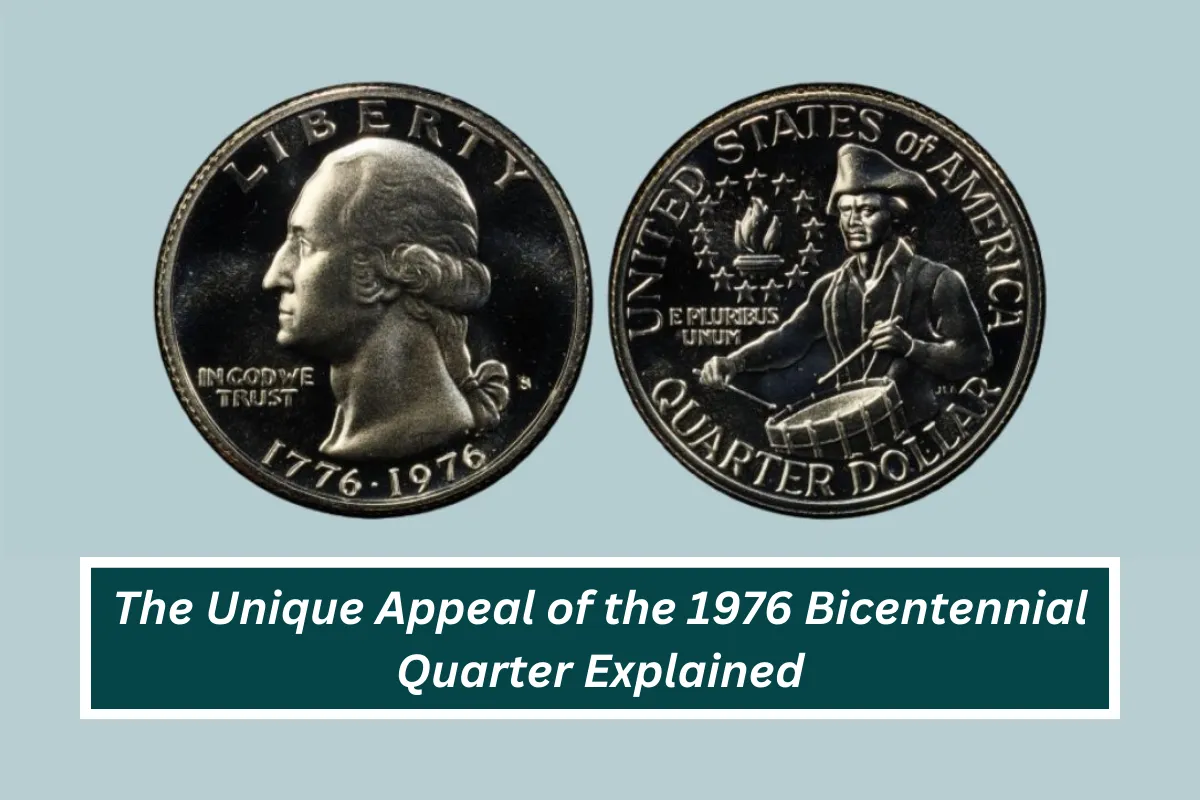The 2024 U.S. presidential election brought many surprises, with Vice President Kamala Harris’ campaign facing a tough challenge as results came in. After a string of losses in key battleground states to Republican candidate Donald Trump, Harris’ campaign team went silent. As Trump’s victory became clearer, Harris’ Election Night party was canceled, and her team refused to answer questions from the press. This article takes a closer look at the events surrounding Harris’ response to Trump’s win and the tense atmosphere at her campaign headquarters.
Kamala Harris’ Silent Response to Trump’s Victory
On Election Night, as the results started to show that Trump was gaining momentum in crucial battleground states like Georgia, Pennsylvania, and North Carolina, Kamala Harris’ team took a step back. Her campaign’s spokesperson instructed staff not to speak to the media, and her supporters at Howard University seemed visibly uneasy as they awaited updates.
While the atmosphere was filled with tension, Harris’ Campaign Manager Jen O’Malley Dillon tried to remain optimistic, stating in an email that their path to victory still relied on the “Blue Wall states” (Michigan, Pennsylvania, and Wisconsin). However, the growing Republican influence in rural and suburban areas made it clear that Harris’ route to victory was narrowing fast.
Trump’s Early Lead and Celebrations
On the other hand, Donald Trump’s team was celebrating early, especially after securing key states. Trump’s victory in North Carolina, followed by his wins in Georgia and Pennsylvania, put him on a clear path to victory. The celebrations started early at his campaign headquarters in Florida, where he took to the stage to claim victory and promise to return America to a “Golden Age.”
The mood at Harris’ campaign headquarters contrasted sharply with the jubilant celebrations at Trump’s HQ. As Trump’s team chanted and cheered, Harris’ supporters grew more disheartened. Many began leaving the event, especially after it was announced that Harris would not speak that night, a decision that reminded some of the 2016 election, when Hillary Clinton’s campaign also delayed her speech until the next day.
The Senate Shift and the Republican Sweep
Along with Trump’s victory, Republicans were making gains in the Senate, flipping crucial seats to secure a majority. Ted Cruz retained his seat in Texas, and Republicans also gained control in states like West Virginia and Ohio. This shift in the Senate further emphasized the strength of the Republican Party during this election, putting them in a commanding position.
As the results continued to trickle in on Election Night, Kamala Harris and her team faced a rapidly shrinking path to victory. With Trump’s early wins in critical swing states and the Republicans gaining control of the Senate, the mood at Harris’ campaign HQ turned grim. Her team’s silence spoke volumes, and many began to doubt whether she could turn the tide. While the election was not yet officially decided, the growing Republican momentum was hard to ignore, and Harris’ campaign appeared to be losing ground fast.
FAQ
- Why did Kamala Harris cancel her Election Night party?
Kamala Harris canceled her Election Night party after early results showed Trump leading in key battleground states, and her campaign began to lose momentum.
- What were the key states Trump won on Election Night?
Donald Trump won critical swing states like North Carolina, Georgia, and Pennsylvania, which helped secure his victory.
- How did Kamala Harris’ team react to the election results?
Harris’ team went silent, with staff instructed not to speak to the media. The mood at her campaign headquarters was tense and downcast as results continued to show Trump in the lead.
- What were the celebrations like at Trump’s campaign headquarters?
Trump’s campaign celebrated early, especially after securing North Carolina and other key states. The atmosphere was filled with cheers and chants.
- How did the Senate races play out during the election?
Republicans gained control of the Senate after winning crucial seats in states like West Virginia and Ohio, further strengthening their position during the election.

























